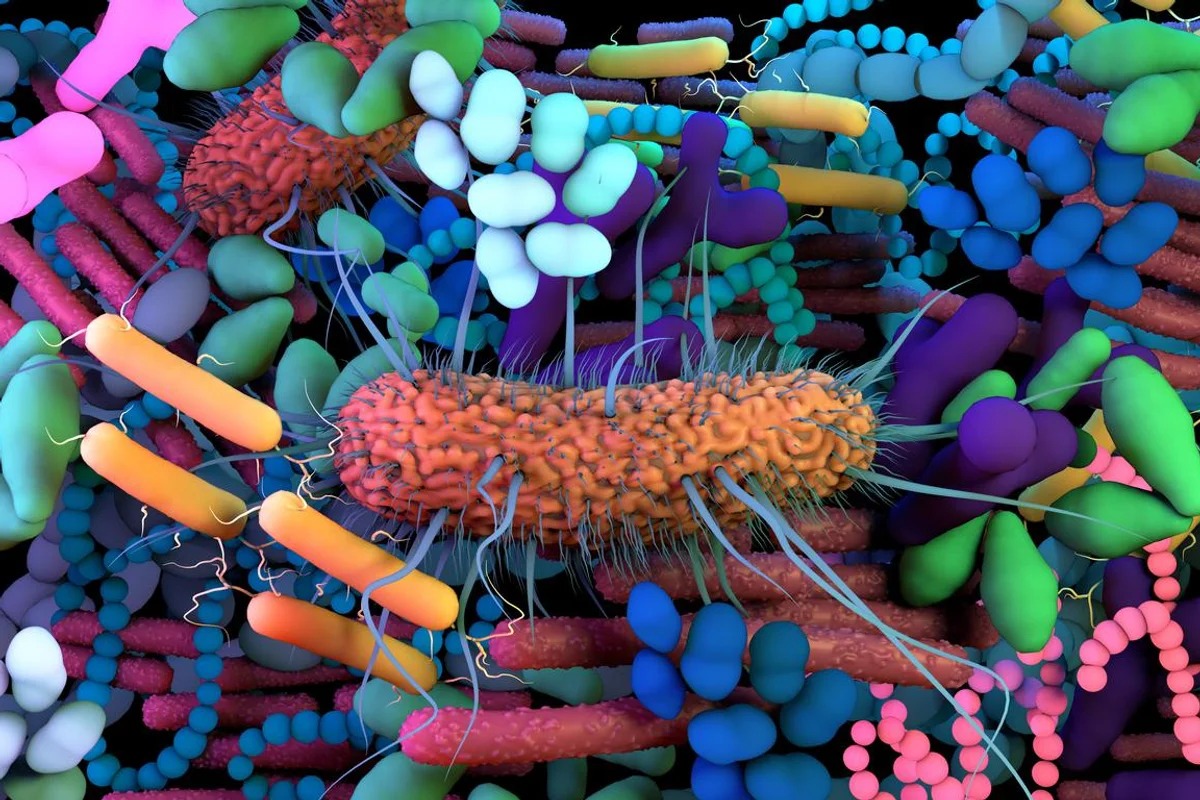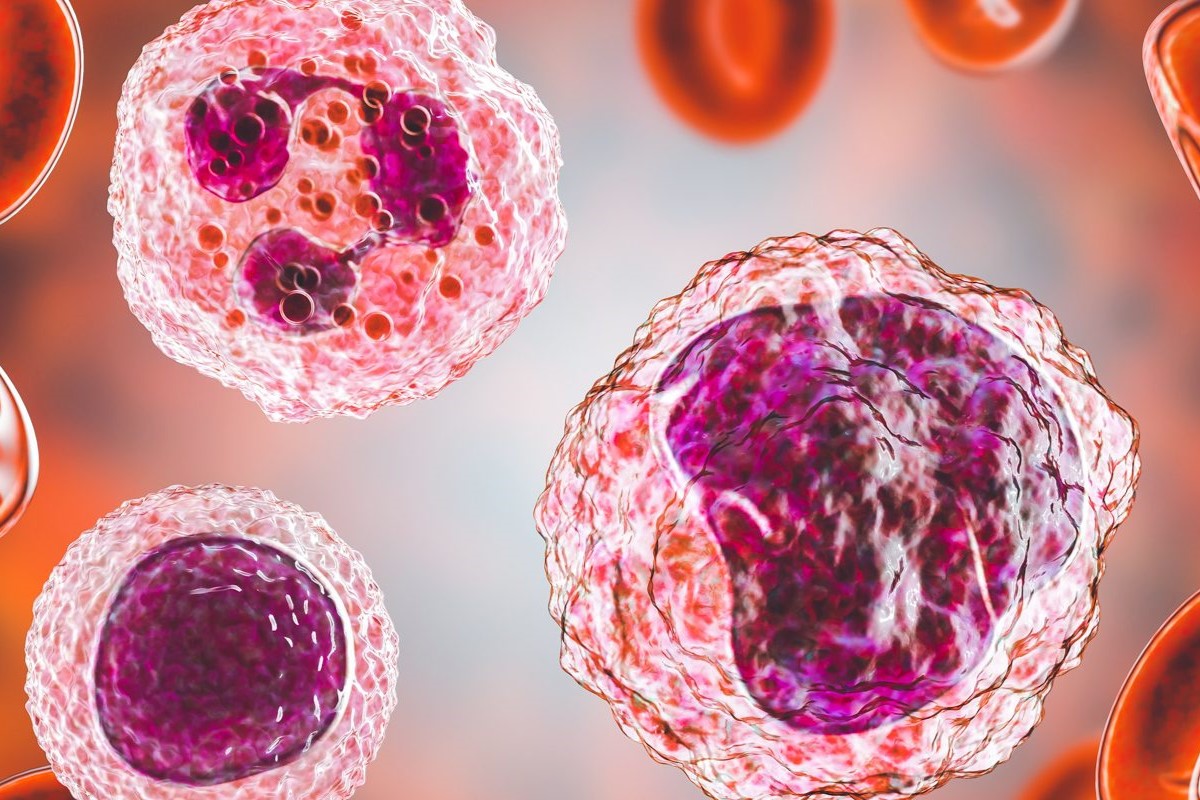
Power outages can be more than just an inconvenience; they can disrupt daily life, halt businesses, and even pose safety risks. Understanding power outages helps us prepare better and stay safe. Did you know that the most common cause of power outages is severe weather? Lightning, high winds, and ice storms can all damage power lines. Sometimes, animals like squirrels or birds can also cause disruptions. Human error and equipment failure are other culprits. Power grids are complex systems, and even a small issue can lead to widespread outages. Knowing these facts can help you stay informed and ready for the unexpected.
Understanding Power Outages
Power outages can be inconvenient and sometimes even dangerous. Knowing more about them can help you prepare better. Here are some interesting facts about power outages.
-
Power outages can be caused by severe weather. Storms, hurricanes, and heavy snowfall can damage power lines and equipment, leading to outages.
-
Animals can cause power outages. Squirrels, birds, and other animals sometimes chew on power lines or get into transformers, causing disruptions.
-
Human error is another common cause. Accidental damage during construction or maintenance work can lead to outages.
-
Equipment failure can lead to outages. Aging infrastructure or faulty equipment can break down, causing power interruptions.
-
Power outages can be planned. Utilities sometimes schedule outages for maintenance or upgrades to the power grid.
Effects of Power Outages
Power outages can have a wide range of effects on daily life and infrastructure. Here are some of the impacts you might not have considered.
-
Traffic lights can go out. This can lead to traffic jams and accidents if drivers are not careful.
-
Hospitals rely on backup generators. Critical medical equipment must stay operational, so hospitals have backup power systems.
-
Food can spoil. Refrigerators and freezers stop working, which can lead to food spoilage if the outage lasts too long.
-
Water supply can be affected. Electric pumps are often used to supply water, so an outage can disrupt water availability.
-
Communication networks can go down. Cell towers and internet services may be disrupted, making it hard to stay in touch.
Preparing for Power Outages
Preparation can make a big difference when dealing with power outages. Here are some tips and facts to help you get ready.
-
Keep a flashlight handy. Flashlights are safer than candles and provide immediate light during an outage.
-
Stock up on batteries. Make sure you have extra batteries for flashlights, radios, and other essential devices.
-
Have a supply of non-perishable food. Canned goods and other non-perishable items can be lifesavers during extended outages.
-
Charge your devices. Keep phones, tablets, and other devices fully charged if you know a storm is coming.
-
Know how to manually open your garage door. Electric garage doors won't work during an outage, so learn how to open them manually.
Interesting Facts About Power Outages
Some facts about power outages are just plain fascinating. Here are a few that might surprise you.
-
The longest power outage lasted 11 days. In 2003, Italy experienced a massive blackout that lasted for 11 days.
-
New York City had a famous blackout in 1977. This outage led to widespread looting and arson, making it one of the most infamous blackouts in history.
-
The largest blackout affected 620 million people. In 2012, India experienced a blackout that impacted over half a billion people.
-
Solar storms can cause outages. Solar flares and geomagnetic storms can disrupt power grids on Earth.
-
Power outages can increase crime rates. Dark streets and homes can make it easier for criminals to operate.
Economic Impact of Power Outages
Power outages can have significant economic consequences. Here are some facts about the financial impact of losing power.
-
Businesses can lose thousands of dollars. Retail stores, restaurants, and other businesses can lose revenue during outages.
-
Manufacturing can come to a halt. Factories rely on electricity for production, so outages can disrupt supply chains.
-
Data centers need backup power. Outages can lead to data loss and downtime, which can be costly for companies.
-
Insurance claims can spike. Damage from power surges and spoiled food can lead to increased insurance claims.
-
Utility companies face repair costs. Fixing damaged infrastructure can be expensive for utility companies.
Environmental Impact of Power Outages
Power outages can also affect the environment in various ways. Here are some facts about the environmental impact.
-
Backup generators emit pollutants. Many backup generators run on diesel, which can contribute to air pollution.
-
Food waste increases. Spoiled food during outages can lead to more waste, impacting landfills.
-
Water treatment plants can be affected. Outages can disrupt water treatment processes, potentially leading to water contamination.
-
Wildlife can be impacted. Animals that rely on human-provided resources, like bird feeders, can be affected by outages.
-
Renewable energy systems can help. Solar panels and wind turbines can provide power during outages, reducing reliance on fossil fuels.
Power Outages: Key Takeaways
Power outages can disrupt daily life, but knowing some facts can help you stay prepared. Power outages can be caused by severe weather, equipment failure, or even animals. They can last from a few minutes to several days, depending on the cause and location. Generators and emergency kits are essential for staying safe during extended outages. Remember to unplug electronics to avoid damage when power returns. Food safety is crucial; keep refrigerator doors closed to maintain temperature. Communication is vital, so have a battery-powered radio or a charged phone. Community support can make a big difference, so check on neighbors, especially the elderly. Understanding these key points can make power outages less stressful and more manageable. Stay informed, stay prepared, and you'll handle the next outage with confidence.
Was this page helpful?
Our commitment to delivering trustworthy and engaging content is at the heart of what we do. Each fact on our site is contributed by real users like you, bringing a wealth of diverse insights and information. To ensure the highest standards of accuracy and reliability, our dedicated editors meticulously review each submission. This process guarantees that the facts we share are not only fascinating but also credible. Trust in our commitment to quality and authenticity as you explore and learn with us.


